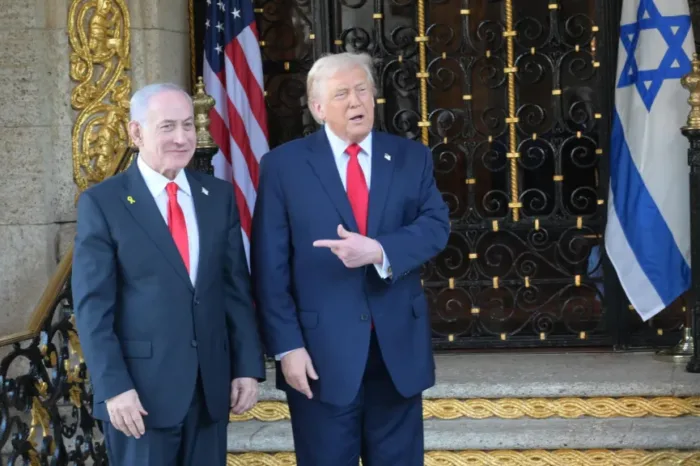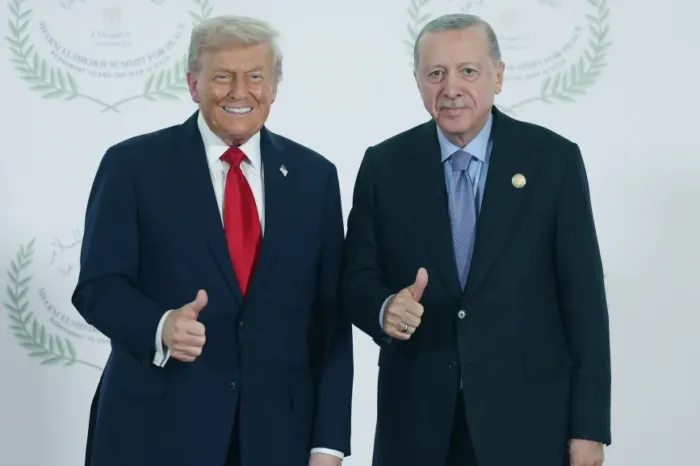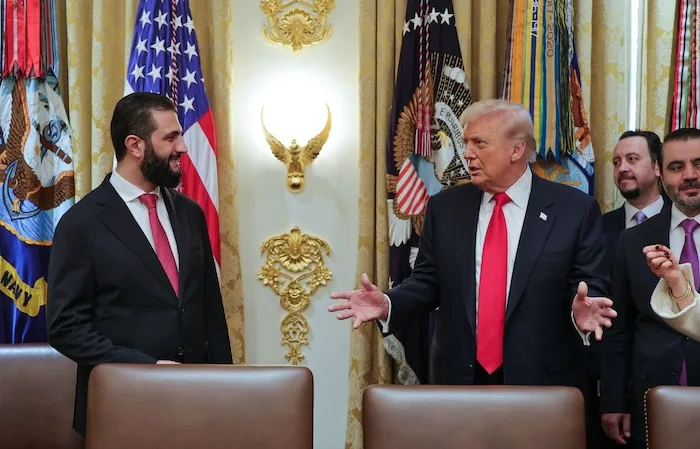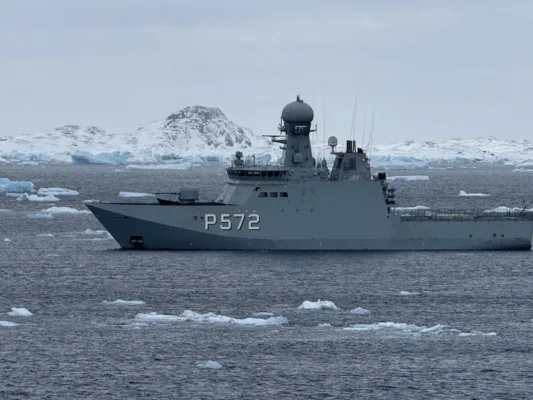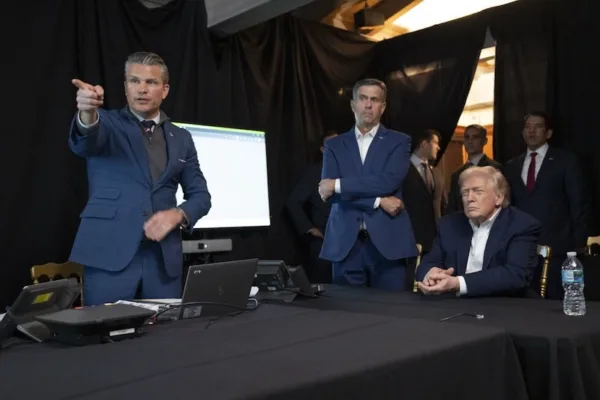Bilateral plans for Syria raise hopes for US-Turkish relations
Following meetings between top diplomats from Turkey and the U.S. in Washington last week, there is cautious optimism for a “road map” for the future of Manbij and U.S.-Turkish relations. In the aftermath of one of the most significant crises in the history of Washington-Ankara relations, the endorsement of a road map should be considered a step forward. For Turkey, this is the first step toward restoring the broken trust between the two countries following the failure of the U.S. to fulfill its commitments in Manbij. Over the last few years, U.S. administrations repeatedly made promises to Turkey for the withdrawal of the PKK-affiliated People’s Protection Units (YPG) from the west of the Euphrates river. Former U.S. Vice President Joe Biden made the commitment in his visit to Ankara in August 2016 and later reinforced it during his trip to Ankara in January 2018. Later, former U.S. Secretary of State Rex Tillerson acknowledged Washington’s failure to uphold its commitments. Although some in Washington have constantly criticized Turkey for its stand on Syria, it was the U.S. that disappointed Turkey time and again to protect its partner, the YPG.
The YPG presence in northern Syria will continue to be an existential threat of the territorial integrity and national unity of Turkey and for the ethnic harmony of the region. Thus, if U.S. patronage to the YPG continues, it will further escalate the tensions and skepticism between Turkey and the U.S.
Now that the two sides have agreed on a road map, some questions still need answers regarding the future of U.S.-Turkish cooperation in Syria. First, there is the critical question of implementation. As mentioned above, some commitments and agreements have yet to be implemented by the U.S. In several instances, the major factor was the U.S. Central Command (CENTCOM) and some officials from the Barack Obama administration that preferred to continue with their policies in Syria. CENTCOM and its commander Gen. Joseph Votel have constantly praised the YPG and emphasized the partnership between the U.S. and the PKK-linked group, while Brett McGurk caused several significant public diplomacy disasters in bilateral relations between Turkey and the U.S. Following the announcement of the road map, several things remain unclear: What roles will different institutions and actors in U.S. foreign policy play? Will they comply with the road map or make it more complicated? There have already been reports about the lack of enthusiasm among some officials who reportedly said the “implementation of the road map would be dependent on conditions on the ground.” Given the frequency of inter-agency disputes lately, the process will be carefully monitored by the Turkish side. If implementation of the road map is impeded, U.S. President Donald Trump and Secretary of State Mike Pompeo will need to step in and demonstrate the country’s commitment to the bilateral ties.
The second question addresses the potential impact of the “road map” on Turkish-U.S. cooperation in other areas of northern Syria. Turkish officials have expressed that the new plan and productive working relationship between Turkey and the U.S. in Manbij could be used as a model for future agreements in the area east of the Euphrates. For Turkey, both sides of the Euphrates are equally significant since a group recognized as terrorists control areas near Turkish borders; moreover, some of these cities and towns have been victims of the demographic engineering adopted by the YPG. Thus, although Manbij has become a symbolic linchpin in the trust between Turkey and the U.S., the aftermath of the resolution for Manbij should include broader talks about the stabilization and security of northern Syria.
Third, it will be interesting to see what happens to the relationship between the YPG and the U.S. following the implementation of this road map. The YPG reportedly announced that it will withdraw its “advisers” on the Manbij Military Council. However, the terms of the negotiations between the U.S. and the YPG have yet to be announced. So far, the U.S. has repeatedly reiterated that its relationship with the YPG is tactical, temporary and limited. When the stabilization efforts gain momentum, there will be important steps taken for disarming, controlling and containing the elements of the YPG in Syria. The YPG presence in northern Syria will continue to be an existential threat of the territorial integrity and national unity of Turkey and for the ethnic harmony of the region. Thus, if U.S. patronage to the YPG continues, it will further escalate the tensions and skepticism between Turkey and the U.S.
This article was first published by Daily Sabah on June 8, 2018.

